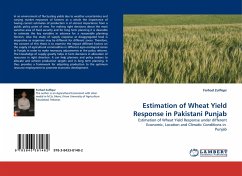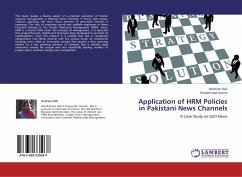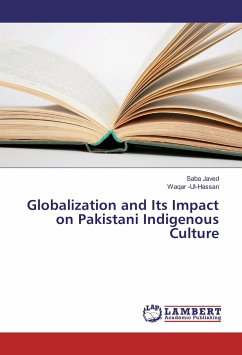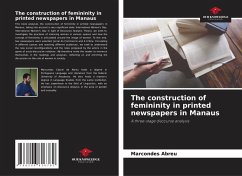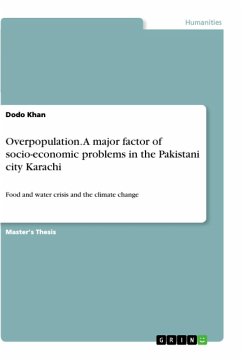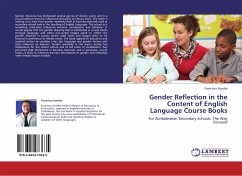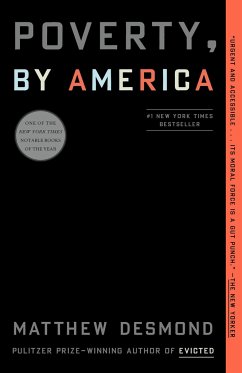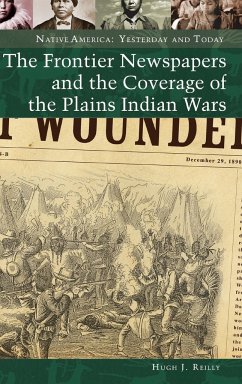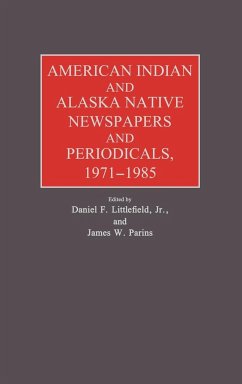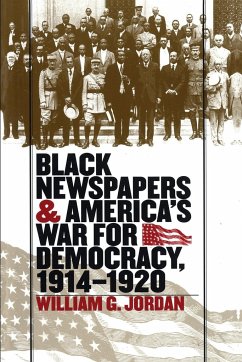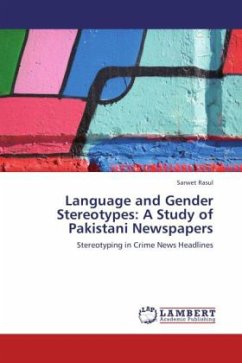
Language and Gender Stereotypes: A Study of Pakistani Newspapers
Stereotyping in Crime News Headlines
Versandkostenfrei!
Versandfertig in 6-10 Tagen
52,99 €
inkl. MwSt.

PAYBACK Punkte
26 °P sammeln!
In the traditional patriarchal society of Pakistan gender differences and stereotypes are produced and reproduced in all spheres of life. Newspapers also use language as a tool to create power structures based on gender. Through language choices men and women are presented as unequal: the former as powerful and dominant while the later as powerless and submissive. Within this framework, this work attempts to analyze news reporting in the Pakistani print media with special focus on the headlines of crime news in newspapers. Data for the current research is collected from two Pakistani Urdu dail...
In the traditional patriarchal society of Pakistan gender differences and stereotypes are produced and reproduced in all spheres of life. Newspapers also use language as a tool to create power structures based on gender. Through language choices men and women are presented as unequal: the former as powerful and dominant while the later as powerless and submissive. Within this framework, this work attempts to analyze news reporting in the Pakistani print media with special focus on the headlines of crime news in newspapers. Data for the current research is collected from two Pakistani Urdu dailies i.e. The Jang and The Khabrain , and two English dailies i.e. The News and The Dawn . Research sample comprises only the headlines of the crime news reported from April to June 2009. The collected data is categorized to examine how far crime news reporting reinforces the gender stereotypes existing in the society. Quantitative and qualitative differences in Pakistani English and Urdu newspapers in the use of language for gender representation are also investigated. Findings of the research provide insights into how gender stereotypes are created and presented in Pakistani newspapers.



